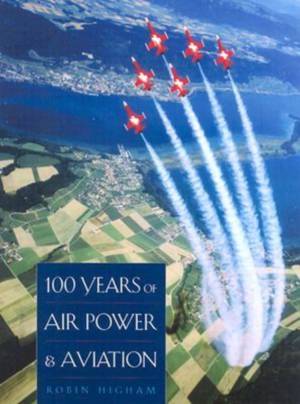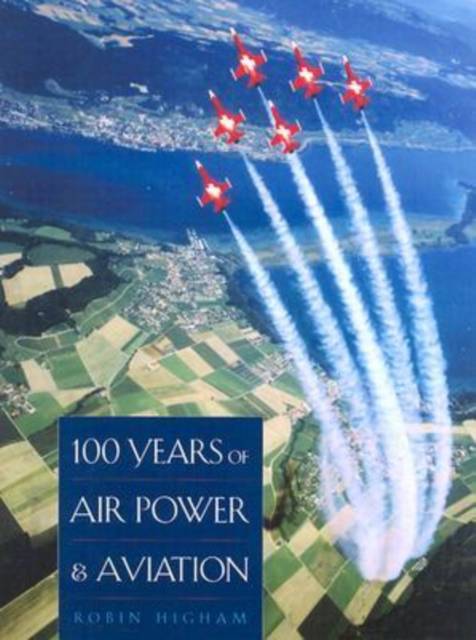
- Retrait gratuit dans votre magasin Club
- 7.000.000 titres dans notre catalogue
- Payer en toute sécurité
- Toujours un magasin près de chez vous
- Retrait gratuit dans votre magasin Club
- 7.000.0000 titres dans notre catalogue
- Payer en toute sécurité
- Toujours un magasin près de chez vous
Description
In Aviation and Air Power in the Twentieth Century Robin Higham, regarded by many as the dean of aviation historians, presents a critical history of British, American, Soviet, German, Italian, French, Japanese, and Israeli aviation. He moves easily from theory to concrete example and back again, in the process discussing the social, economic, and political components of air power, the major wars and police actions in which aircraft have been employed, the composition of air forces, and the creation of aviation industries from the Wright brothers and the early pusher aircraft of World War I through Boeing's competition with Airbus and the development of the Eurofighter. In this precise, interpretive, and informative volume, Higham looks at everything from the roots of strategic bombing and tactical air power, to the lessons learned and unlearned during the invasion of Ethiopia, the war in China, and the Spanish Civil War, as well as the problems posed by jet aircraft in Korea and the use of Patriot missiles in the Persian Gulf. He covers anti-guerrilla operations, doctrine, industrial activities and equipment, as well as the development of commercial airlines. Turning his attention to civil aviation in the closing pages, Higham discusses the "wars" that saw Braniff fold as Continental filed for bankruptcy and Brazil's Embraer emerged as a third-world success story. He considers the rise and fall of Soviet civil aviation. He discusses the development of new aircraft and the expansion of airports such as O'Hare, which handles more than 200,000 passengers daily. Higham synthesizes a hundred years of aviation and air power into sets of principles and lessons for future generations of airmen and politicians. Like his earlier works, this book will capture the interest of scholars, students, enthusiasts, and general readers looking for a serious overview by one of the country's leading aviation historians.
Spécifications
Parties prenantes
- Auteur(s) :
- Editeur:
Contenu
- Nombre de pages :
- 448
- Langue:
- Anglais
- Collection :
- Tome:
- n° 5
Caractéristiques
- EAN:
- 9781585442416
- Date de parution :
- 01-10-03
- Format:
- Livre relié
- Format numérique:
- Genaaid
- Dimensions :
- 222 mm x 288 mm
- Poids :
- 1601 g

Les avis
Nous publions uniquement les avis qui respectent les conditions requises. Consultez nos conditions pour les avis.






